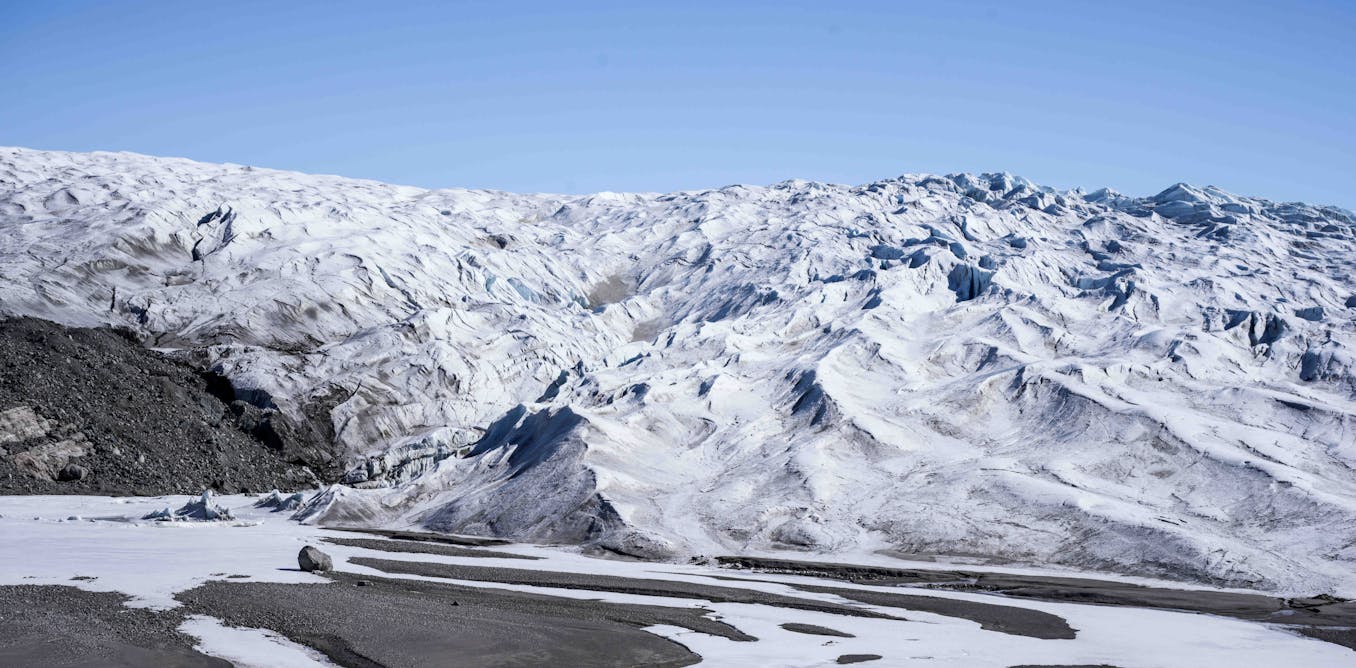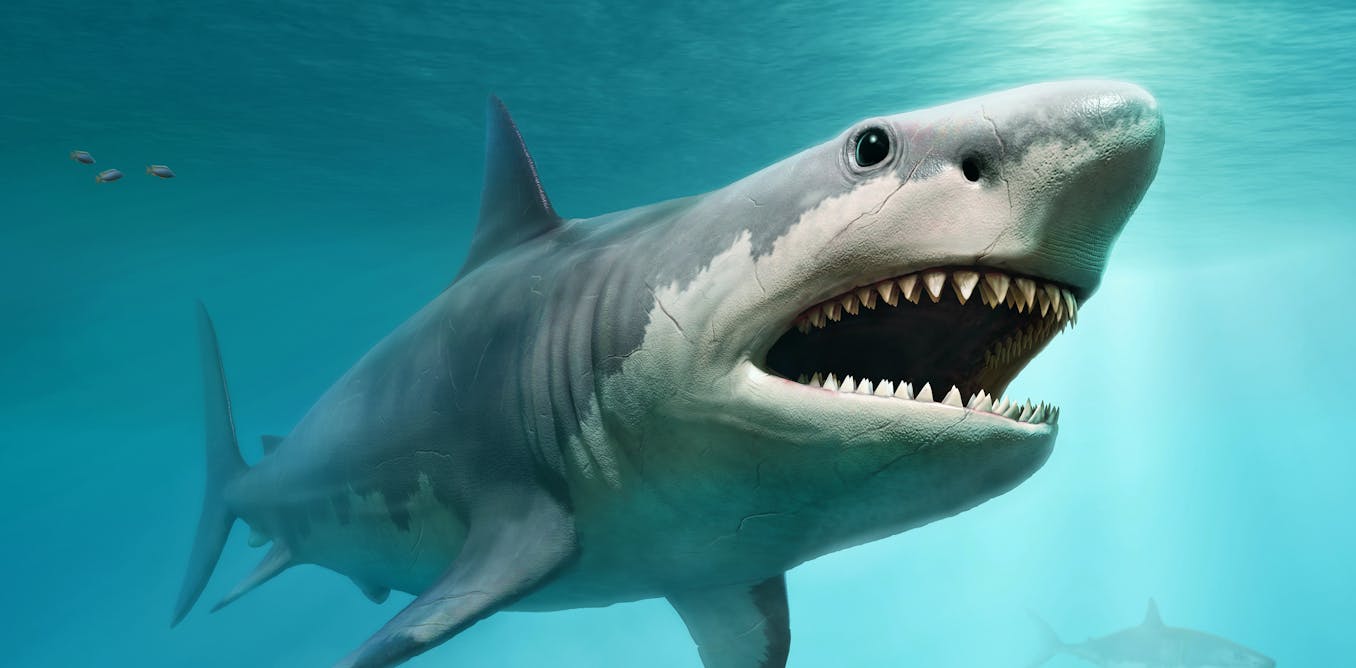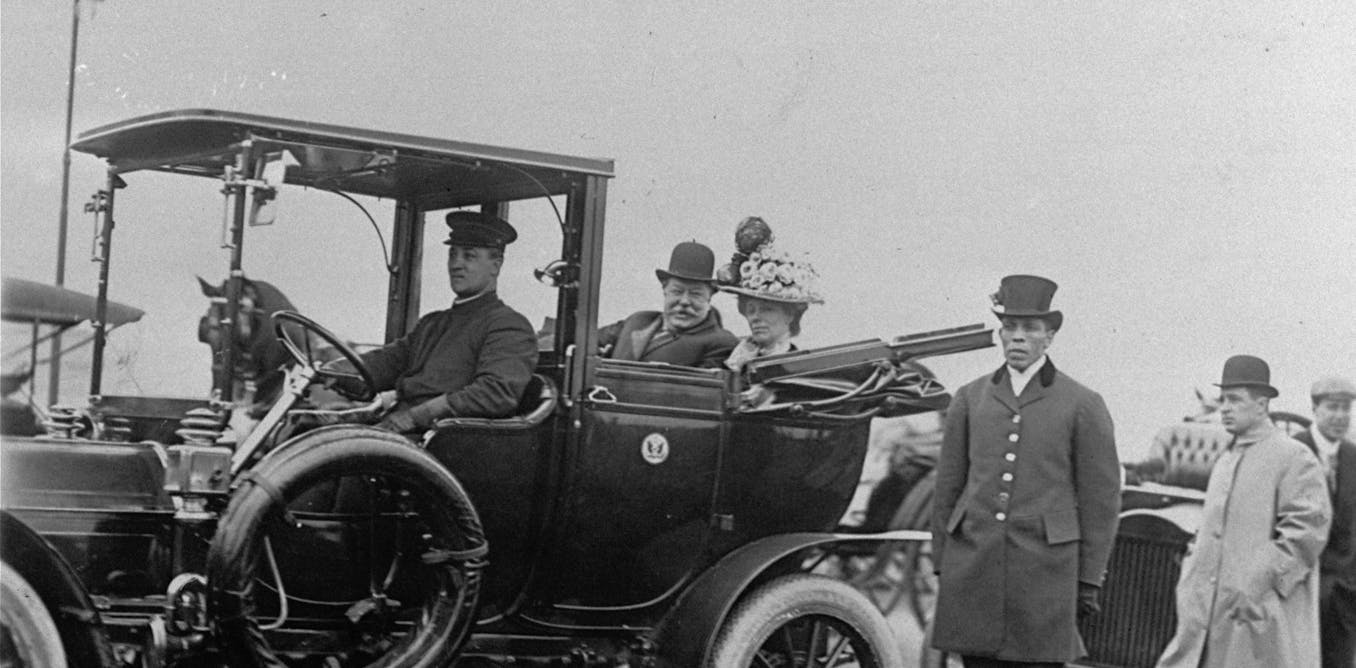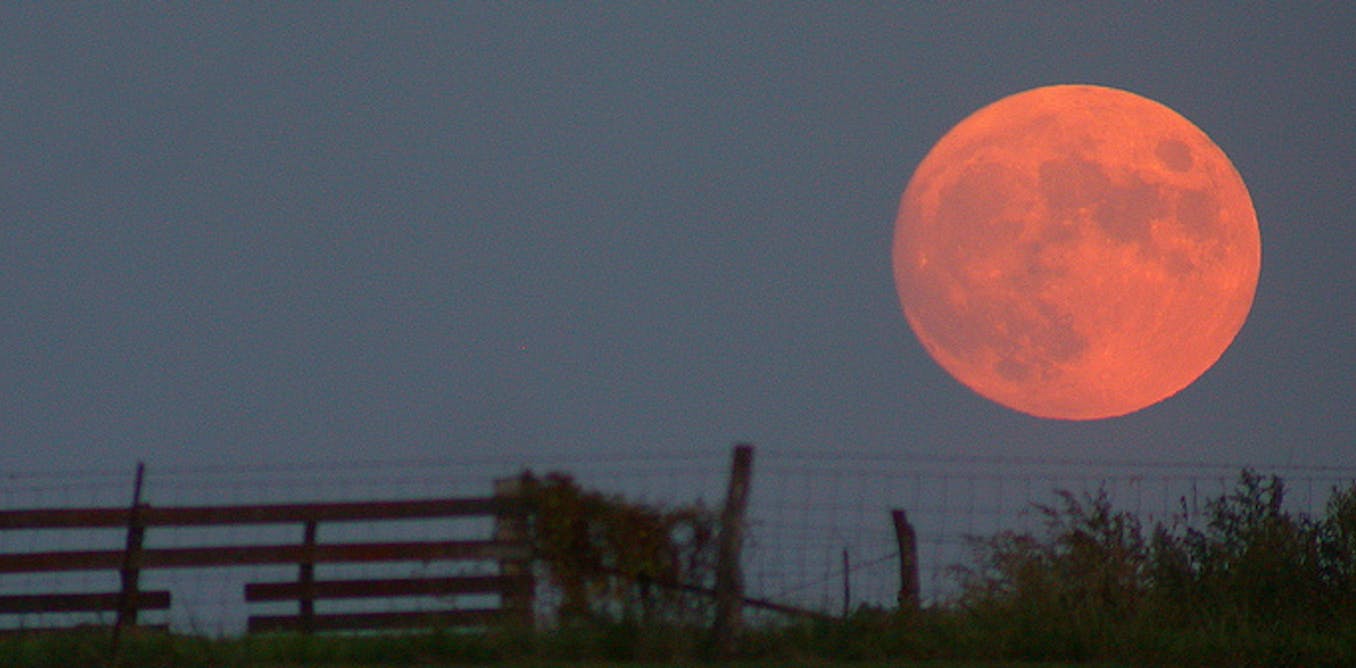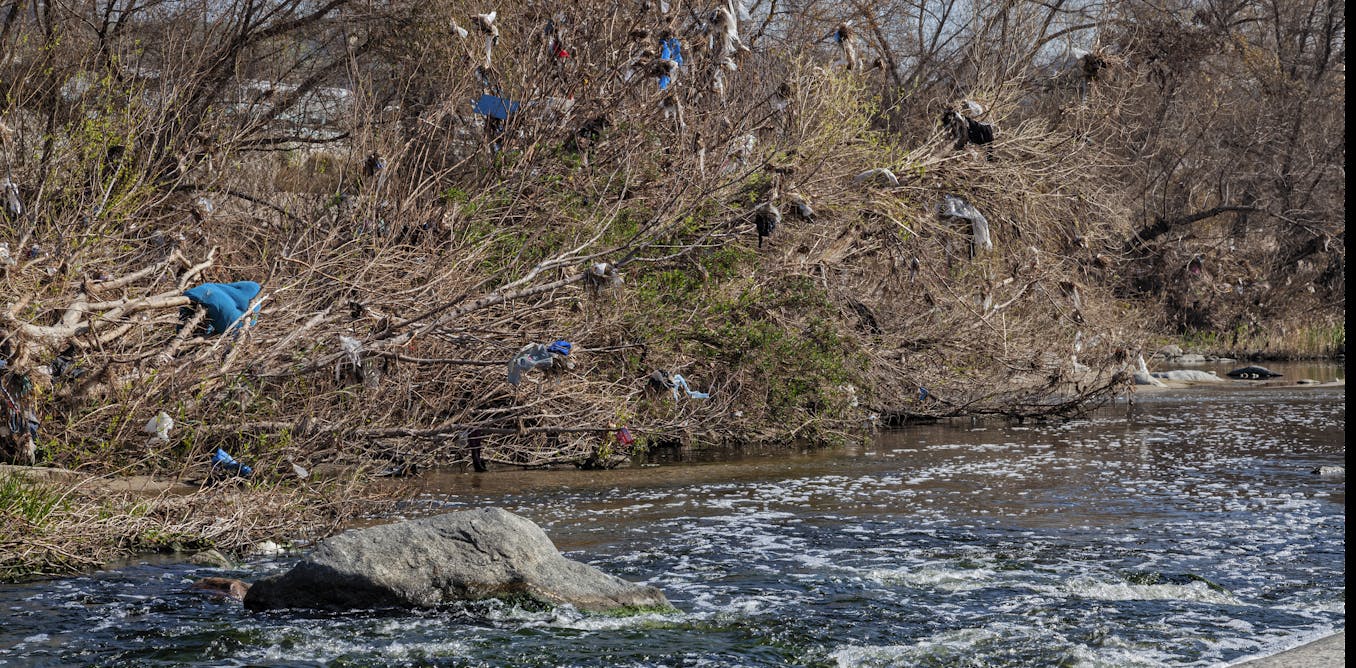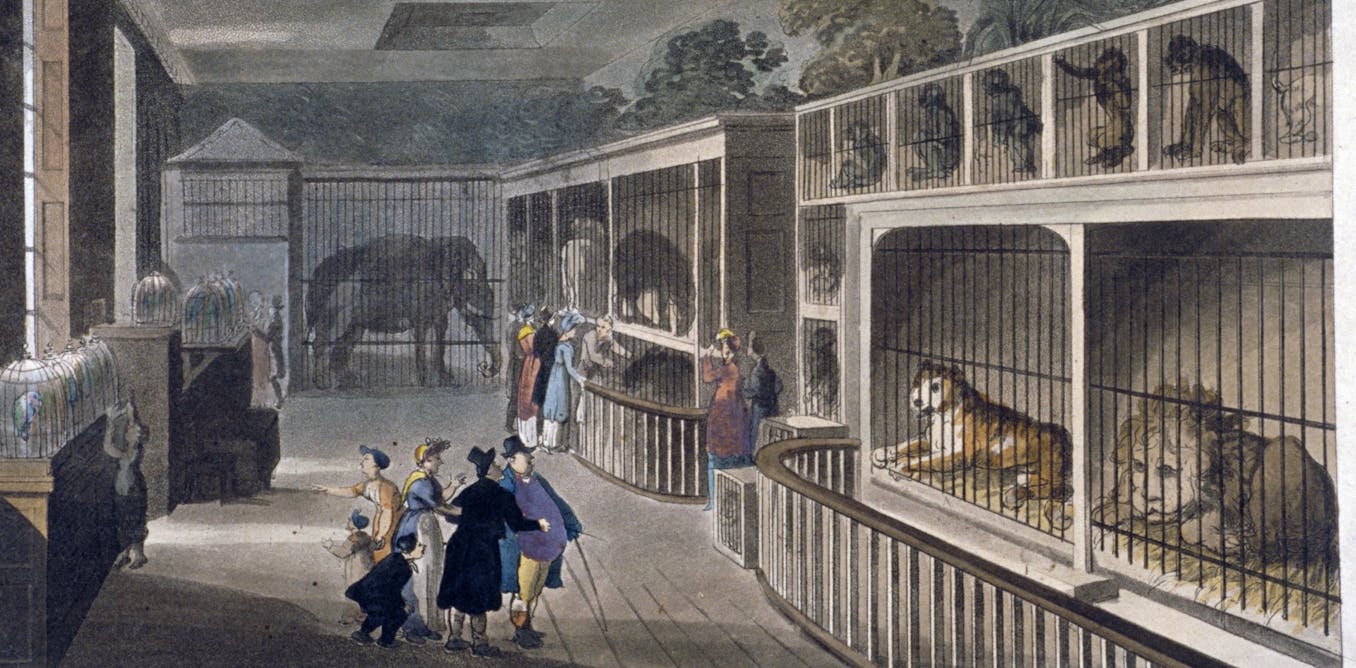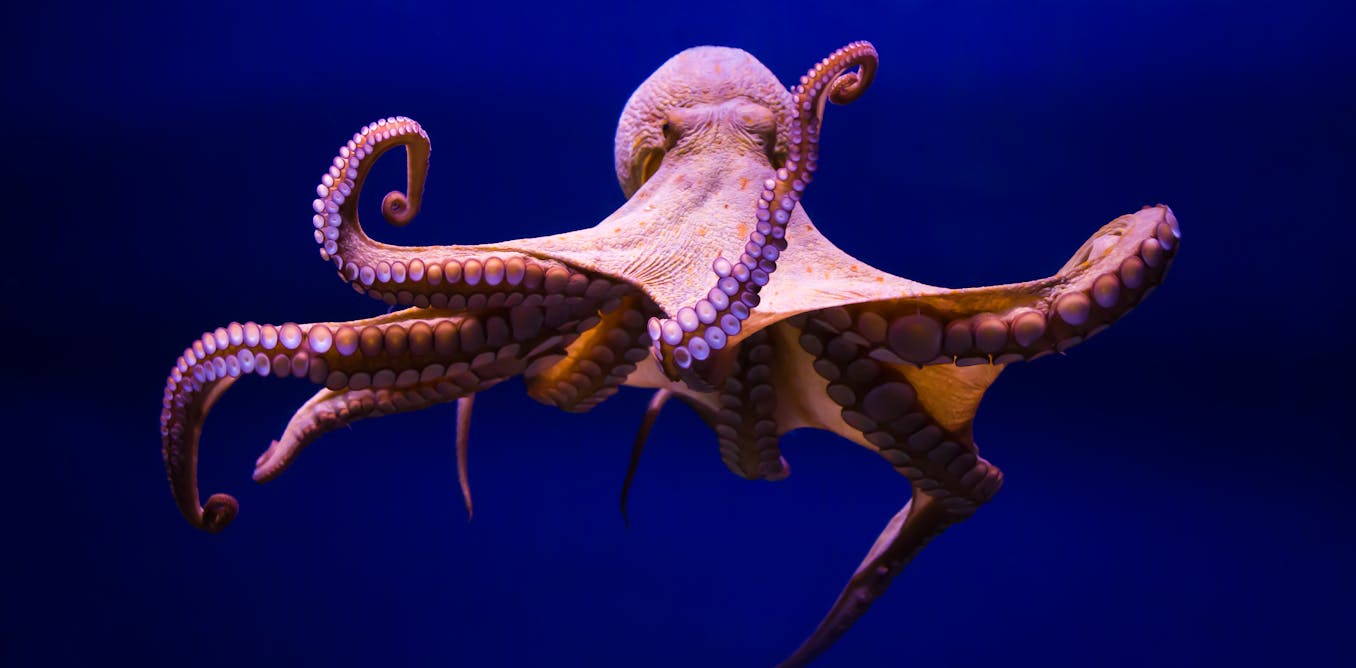When did the first fish live on Earth – and how do scientists figure out the timing?
A biologist explains how researchers nail down the age of ancient fossils thanks to a physical process called radioactive decay.
July 18, 2022 • ~8 min
What do molecules look like?
A physicist explains how atoms arrange themselves into molecules – and how scientists are able to image these tiny bits of matter that make up everything around you.
July 11, 2022 • ~7 min
Millions of years ago, the megalodon ruled the oceans – why did it disappear?
A terrifying sight in ancient waters, the megalodon shark was once the most feared creature in the sea.
June 20, 2022 • ~6 min
Could steam-powered cars decrease the CO2 in the atmosphere?
This technology, popular when automobiles first caught on, had a short resurgence in the 1970s.
June 13, 2022 • ~7 min
Why does the Moon look close some nights and far away on other nights?
The Moon illusion is what makes the Moon look giant when you see it rising over a distant horizon. An astronomer explains what causes this awe-inspiring trick of the mind.
June 6, 2022 • ~6 min
If plastic comes from oil and gas, which come originally from plants, why isn’t it biodegradable?
Plastic is made from oil and natural gas, which started out as fossilized plant and animal material. But buried deep underground for millions of years, those materials changed in important ways.
May 30, 2022 • ~5 min
Where was the world's first zoo?
Historians aren’t sure exactly when the first zoo was built, but it’s clear humans have kept exotic animals for thousands of years.
May 23, 2022 • ~6 min
What does an octopus eat? For a creature with a brain in each arm, whatever's within reach
With nine brains, blue blood and a talent for camouflage, the octopus is one of the most fascinating creatures in the sea.
May 9, 2022 • ~6 min
/
20



